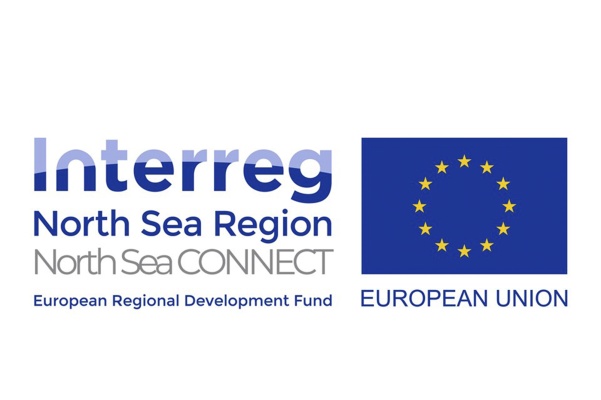North Sea CONNECT

Project Summary
The NSR is one of the main logistics zones in Europe: The largest seaports, but also many intermodal transportation nodes are located in the NSR. Those intermodal nodes are outstanding for the transportation of goods to and from the supply and demand markets. To increase attractiveness of a location along with its market potential, i.e. the achievable market, efficient, smart, and ecological transportation networks are needed. The intermodality should enable a concentration of transnational traffic and long distance flows, and as a result of their integration, provide for a highly resource efficient infrastructure use.
Currently, the Trans-European Network-Transport (TEN-T) policy is putting a strong focus on the development of the Core Network, the major transport axes across Europe. However, the whole trade and business network is not only depending on its major nodes but also on its hinterland. To raise the efficiency of transport flows in a holistic approach, the project will thus include both major and remoter transporation nodes to establish learning opportunities.
The overall project objective is to support smart intermodality growth in the NSR through efficiency enhancements. The detailed project objectives are:
- Implementation of new smart processes and tools (smart intermodality),
- Developing of strategies for smart efficiency enhancements (smart involvement)
The perspective of transportation is transnational. New are the instruments for implementation and involvement.
Partners
- Port of Hamburg, Germany
- Port Oostende, Belgium
- Port of Brussels, Belgium
- South East of Scotland Transport Partnership, United Kingdom
- The Ministry for Science and Ports, Free and Hanseatic City of Bremen, Germany
- SSPA Sweden AB, Sweden
- Vordingborg Business, Denmark
- Vives University of Applied Sciences, Belgium